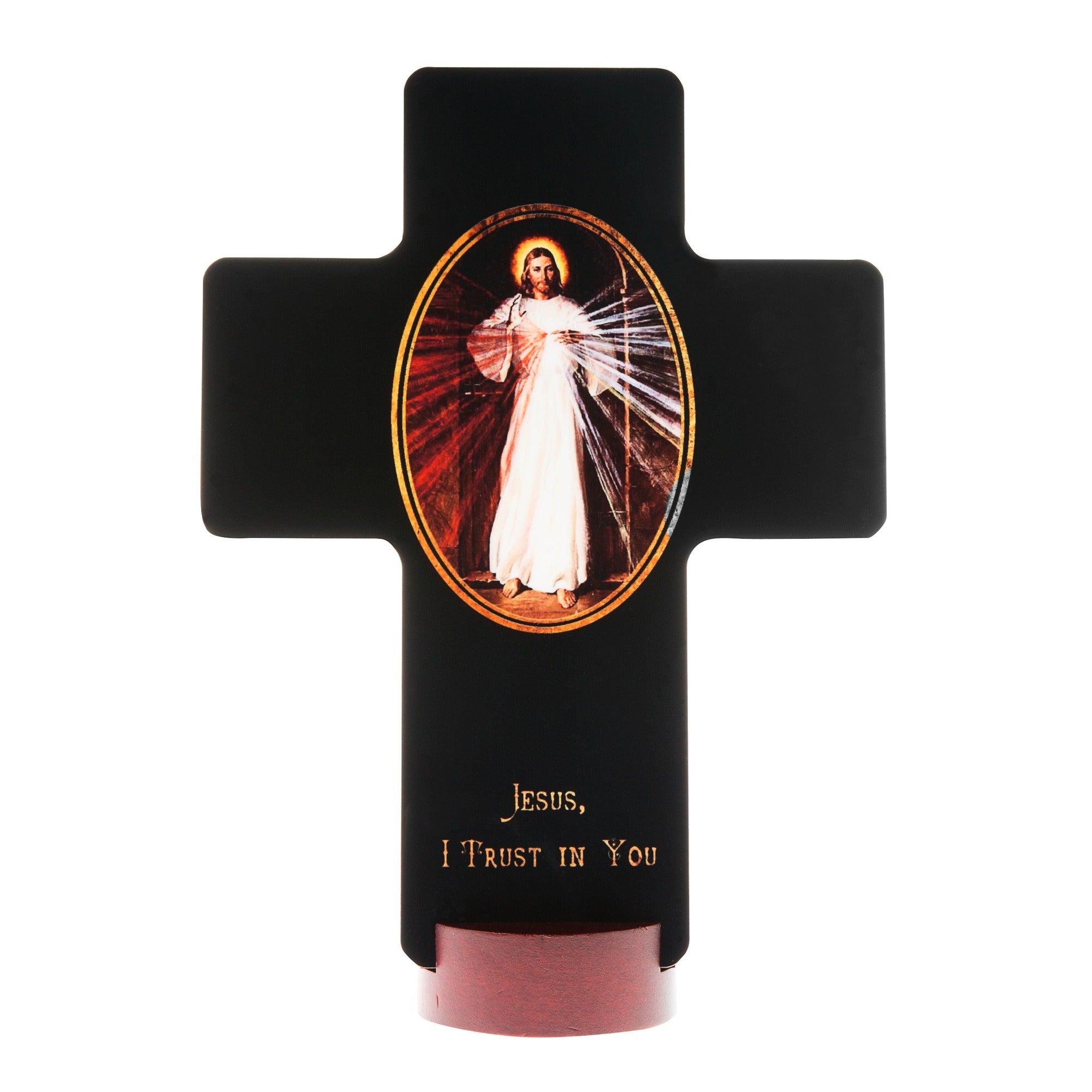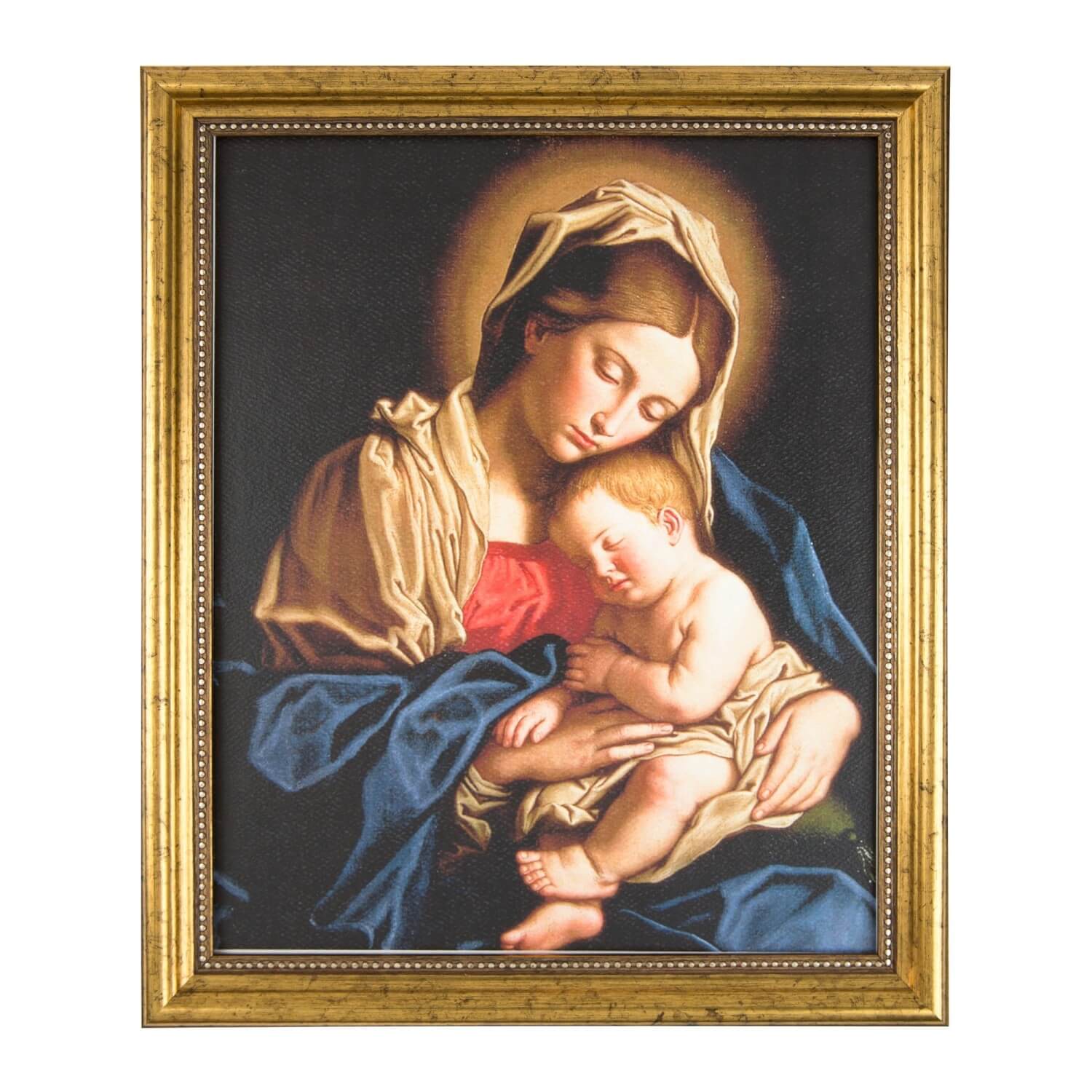Pope Callistus I, though a holy man during his papacy, had a checkered past.
Long before he became pope, his life was marked by failure and disgrace. He was once a slave, he was imprisoned twice, and he was condemned to labor in the deadly mines of Sardinia.
But his life was fundamentally changed through God’s loving forgiveness and grace.
By the time he ascended to the papacy in 217 A.D., Callistus had become a man defined by one conviction: no sin, no matter how grave, could place someone beyond the reach of God’s mercy.
During Callistus’s life, a fierce debate raged within the Church. Some leaders, like the rigid Novatianists, argued that certain sins—especially those committed after baptism—were unforgivable. Murder, adultery, and apostasy were sins that, in their eyes, severed any chance of redemption.
But Callistus didn’t agree. He understood sin’s devastating power firsthand, but he also knew the transformative power of grace. He believed that even the most severe sins could be forgiven if the sinner truly repented. For him, the Church was not a club for the pure but a hospital for the spiritually sick.
This belief led him to make one of the most controversial decisions of his papacy: allowing Christians who had committed these grave sins to be reconciled with the Church after proper penance. To many, this was completely scandalous. They believed the Church should remain a pure and uncompromising sanctuary for the righteous.
But Callistus knew that wasn’t the Church’s mission. He had lived through rejection and disgrace himself, and it was precisely the mercy of God that had lifted him from the mines of Sardinia to the seat of Peter.
His actions caused an uproar. The Novatianists, in particular, were furious. They considered Callistus’s leniency a betrayal of the Church’s moral integrity. But he was undeterred. He knew that Christ Himself had said, “Those who are well have no need of a physician, but those who are sick; I came not to call the righteous, but sinners” (Mark 2:17).
The uproar didn’t go away quickly. Callistus’s push for mercy caused a schism in the Church that lasted for almost 200 years. However, God’s mission for the Church to be a vessel of His Divine Mercy eventually won out and all Church leaders came to agree with Callistus’s emphasis on forgiveness and mercy.
Callistus’s message of God’s love and mercy is just as important today, almost 2000 years later! Remind yourself that you can always begin again through God’s mercy with this beautiful framed print of the traditional Divine Mercy image. Every Catholic should have this powerful image in their home. Available today from The Catholic Company!


























